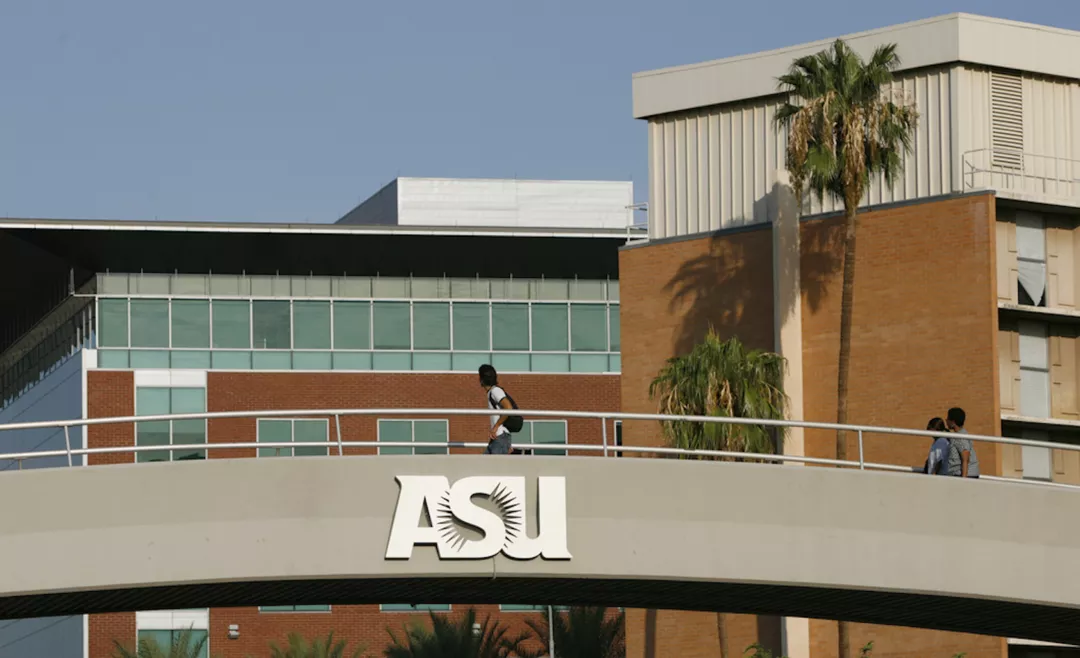-
hello@abroadcube.com
Mail us
-
Call For Help:
98779 83783
-
Whatsapp Us
70090 34921
Thunderbird's MGM program with a concentration in Sustainable Tourism prepares students for management and executive-level positions in the tourism industry globally. Offered in collaboration with ASU's Watts College of Public Service and Community Solutions, Thunderbird's Sustainable Tourism concentration addresses the unique character of the sustainability revolution. The program prepares graduates to transform the sustainability practices of global enterprises in tourism development and management.
The program is designed for students interested in working in sustainable tourism, hospitality, travel and related fields. The concentration in sustainable tourism opens up a world of opportunities, allowing students to take courses in sustainable tourism from ASU's Watts College of Public Service and Community Solutions at the Downtown Phoenix campus, located in the heart of the state capital's thriving business district.
Students specialize in sustainable tourism management, mastering the principles and practices of successful sustainable development in the tourism field. Together, a diverse cohort learns to integrate economic, social and environmental aspects of sustainability as it relates to tourism; conduct sustainability audits for destinations and businesses; evaluate community impacts of tourism; innovate and evaluate sustainable tourism practices; and perform business planning and management. Students receive specialized, hands-on training in international business, cross-cultural relations, global political economy and regional business environments.
Graduates enter their profession ready to oversee initiatives in research, development, implementation, execution and evaluation of sustainable tourism plans for businesses and destinations. Graduates are prepared to enter today's complex and exciting global economy at the top of organizations that operate across borders. They join a global network of Thunderbird alumni who hold leadership positions in global organizations worldwide.
With their global mindset, future-ready core professional skills, mastery of management principles, and multicultural outlook, students are prepared to lead enterprises with a global scope. Potential employers include international tour operators as well as cities and venues around the world that attract guests from all over the globe.
Thunderbird School of Global Management has produced unique leaders for more than 70 years, leaders in every sector capable of tackling the world's greatest challenges. The alumni network comprises 45,000 graduates and 170 chapters around the globe.
| Level | Masters |
| Discipline | Hospitality and Tourism |
| Duration | 24 months |
| Intakes | Jan, Sep |
| Application Fees | USD 0 |
| Tuition Fees | USD 52038 |
| Campus | Downtown Phoenix |
| Language proficiency (minimum) | |
| IELTS | 7 |
|---|---|
| TOEFL | 90 |
| PTE | 68 |
| Duolingo | 125 |
| Exam proficiency (minimum) | |
| SAT | Not Required / Waiver |
|---|---|
| ACT | Not Required / Waiver |
| GRE | Not Required / Waiver |
| GMAT | Not Required / Waiver |
Minimum GPA - 77%
QS Quacquarelli Symonds is the world’s leading provider of services, analytics, and insight to the global higher education sector, whose mission is to enable motivated people anywhere in the world to fulfil their potential through educational achievement, international mobility, and career development.
THE (Times Higher Education) has been providing trusted performance data on universities for students and their families, academics, university leaders, governments and industry, since 2004. We create university rankings to assess university performance on the global stage and to provide a resource for readers to understand the different missions and successes of higher education institutions.
The Academic Ranking of World Universities (ARWU) was first published in June 2003 by the Center for World-Class Universities (CWCU), Graduate School of Education (formerly the Institute of Higher Education) of Shanghai Jiao Tong University, China, and updated on an annual basis
The "Webometrics Ranking of World Universities" is an initiative of the Cybermetrics Lab, a research group belonging to the Consejo Superior de Investigaciones Científicas (CSIC), the largest public research body in Spain. CSIC is among the first basic research organizations in Europe. The CSIC consisted in 2006 of 126 centers and institutes distributed throughout Spain.





